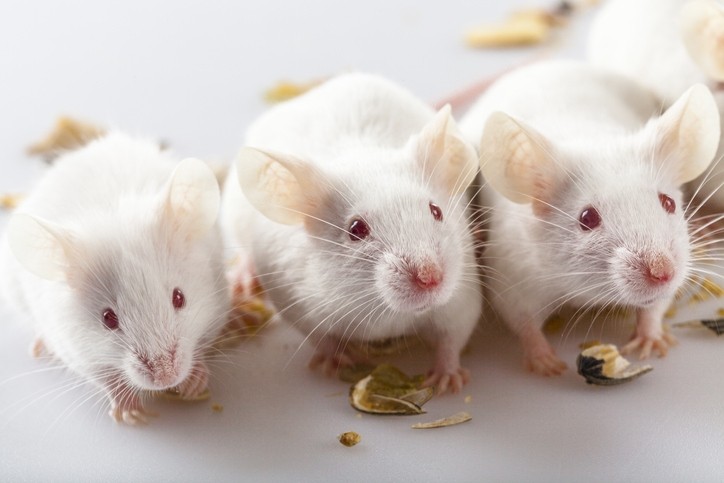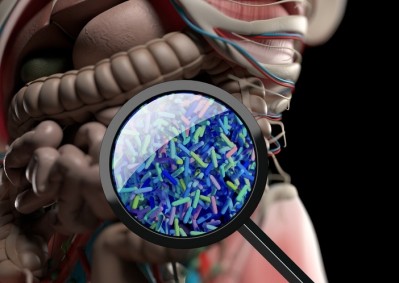Mice study finds low fiber diet impairs cognition

The new research was published in the journal Microbiome. It was the work of researchers associated with a university in China and another in Australia.
The researchers noted that age related cognitive decline is observed across the developed world. Low fiber intake is a common feature of diets in these countries as well. The study notes the average fiber intake in the US and UK is about 15g/day, far below the World Health Organization recommended level of 25-35 g/day. The average fiber intake in China is even lower at 11g/day, they said.
The goal of the present study was to find if there is a mechanistic relationship between the two via the gut-brain axis.
To test this hypothesis, researchers obtained 60 mice evenly divided between experiment and control groups. The control group ate chow with about 20% by weight of dietary fiber from diverse plant sources such as corn, soybean, wheat, oats, alfalfa, and beet. The other group ate a diet deficient in fiber but high in sucrose and simple starch.
Changes in gut started to show up quickly
To test how quickly the gut changes took place half of the mice in each group were euthanized after seven days.
The long-term mice ate their respective diets for 15 weeks and were run through a series of tests, including how well they organized a nest when supplied with nesting material, how well they remembered the location of objects and other measures.
The researchers analyzed stool samples from all four groups and observed marked differences between the groups. In the low fiber groups, the Bacteroidetes phylum was decreased and organisms in the Proteobacteria phylum increased.
The low fiber group also exhibited a thinning of the gut mucosal layer as revealed by Alcian blue staining. A thinned mucosal layer is associated with greater gut permeability, which can lead to higher levels of serum lipopolysaccharide which in turn is associated with neuroinflammation.
Low fiber group performed poorly on cognitive and ‘daily activity’ tests
The bacterial and mucosal changes were observed early on in the study, even before the cognitive impairment effects started to show up, the researchers said.
The fiber deficient mice performed poorly on the nest building test (a ‘daily activity’) and did not remember the location or order of objects as well as their higher fiber peers. The low fiber group also showed degenerative changes in a particular region of the hippocampus as shown by transmission electron microscopy. And certain proteins indicative of neuroinflammation were higher in the low fiber group.
Nailing down the role of SCFAs
The researchers also noted that the levels of butyrate, acetate and propionate, the three short chain fatty acids associated with bacterial fermentation of dietary fiber in the gut, were lower in the fiber deficient group. The researchers decided to do a subsidiary experiment to test whether the dearth of these SCFAs was part of the cognitive decline mechanism, as has been suggested by other studies.
They supplemented another low fiber group with the three SCFAs for an additional 15 weeks. The mice that were thus treated — a low fiber diet but with additional SCFAs — performed better on the object tests and the nest building exercise than did their straight low fiber peers and showed lower markers of neuroinflammation and slightly thicker gut mucosal layers as well.
“This study, for the first time, reports that a fiber-deprived diet leads to cognitive impairment through altering the gut microbiota-hippocampal axis, which is pathologically distinct from normal brain aging. These findings alert the adverse impact of dietary fiber deficiency on brain function, and highlight an increase in fiber intake as a nutritional strategy to reduce the risk of developing diet-associated cognitive decline and neurodegenerative diseases,” the authors concluded.
Source: Microbiome
9, Article number: 223 (2021)
A fiber-deprived diet causes cognitive impairment and hippocampal microglia-mediated synaptic loss through the gut microbiota and metabolites
Authors: Hongli Shi, Xing Ge, Shi Ma, et al.
















